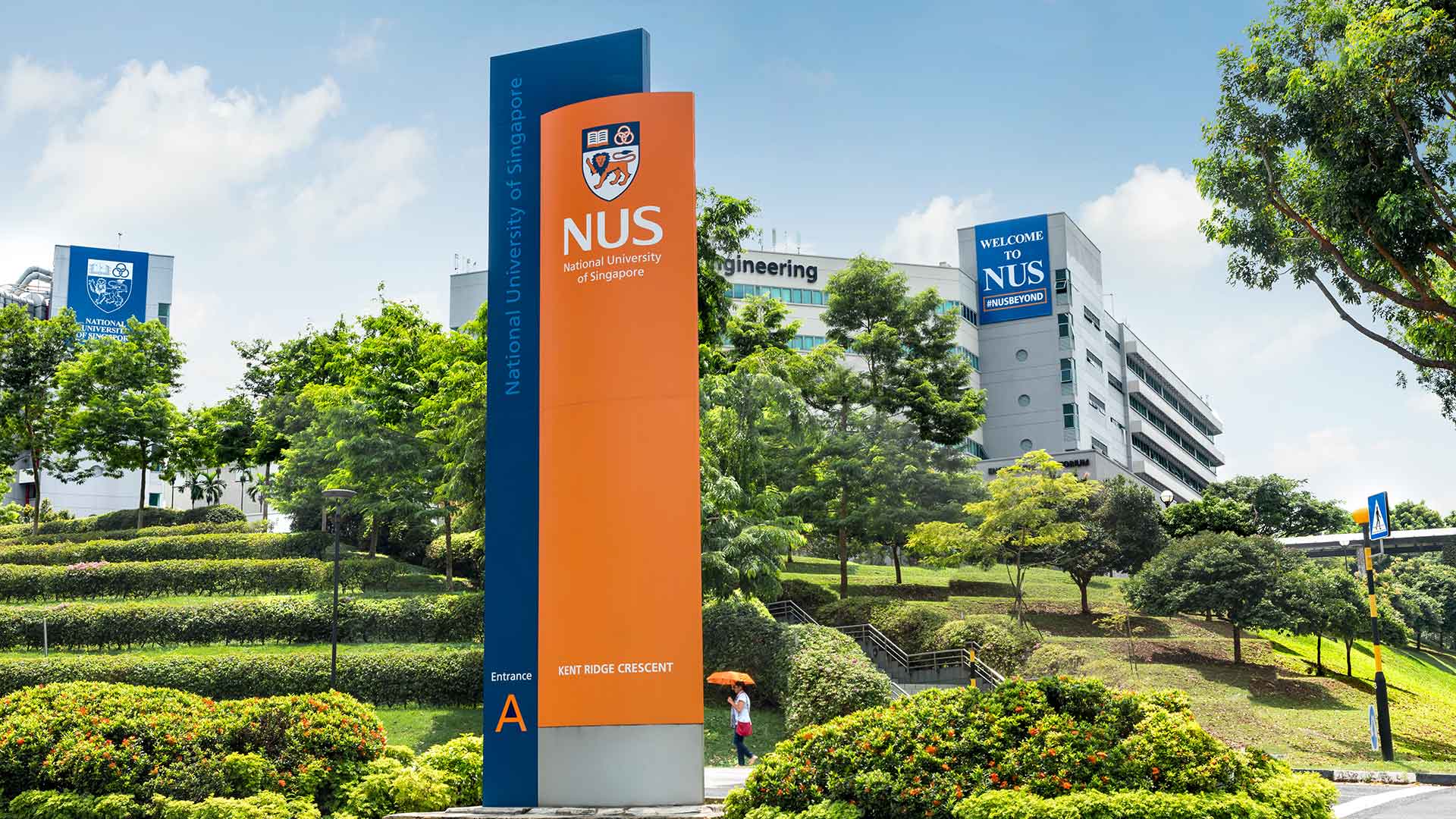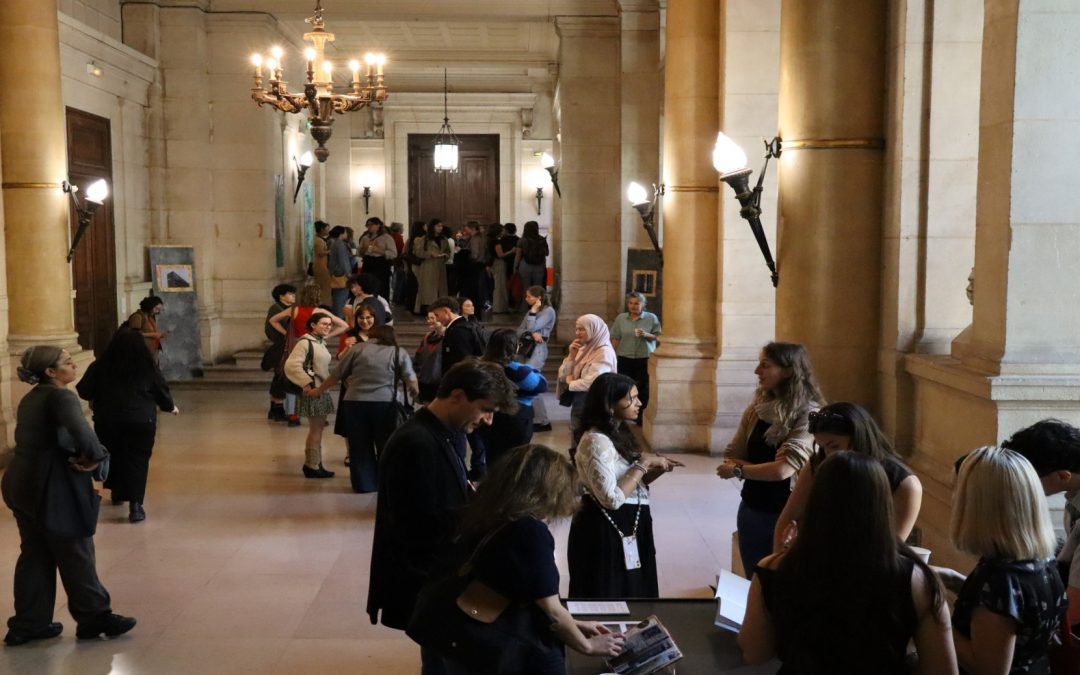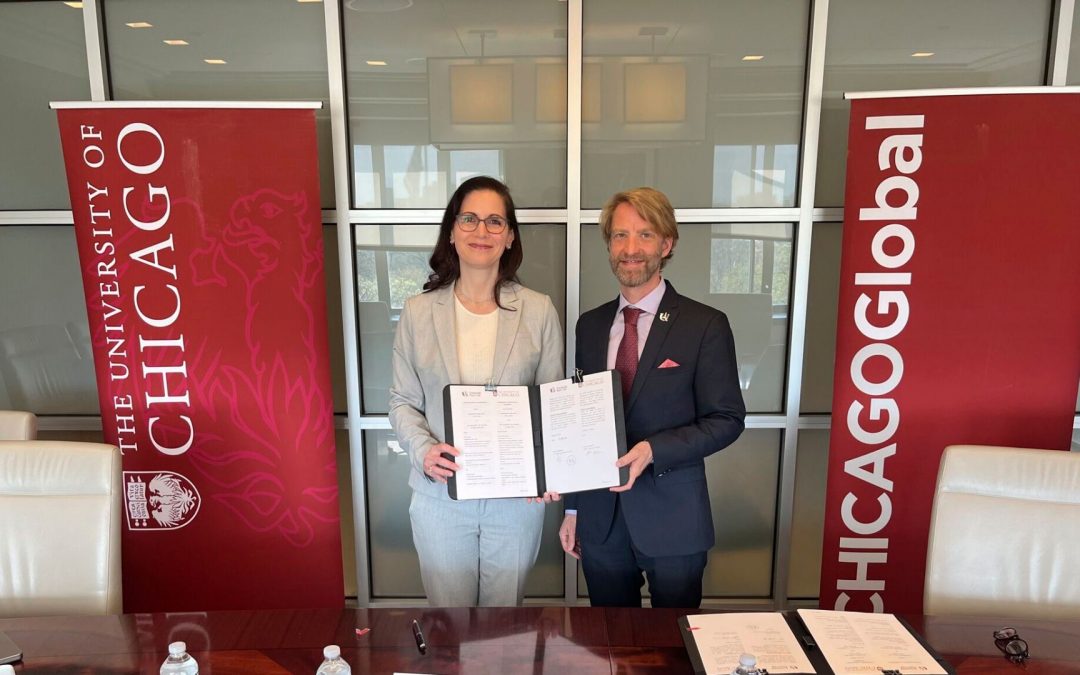In the framework of our partnership with the National University of Singapore (NUS), two calls for projects were launched in 2024, enabling Université Paris Cité and NUS communities to further consolidate their ties. The calls were aimed at academics and doctoral students from all disciplines, with a focus on interdisciplinary projects. Of the 19 applications submitted, 9 projects were funded in 2024, for a total amount of 150k€.

Developing Long-term Interdisciplinary Projects
The objective of the “Paris-NUS” calls for projects is to support interdisciplinary projects between partners, promote long-term cooperation between disciplines, from the life, physical and engineering sciences to humanities and social sciences, enabling the forging of new collaborations.
In 2024, two calls for projects have been launched:
- Call for research projects (€50,000 per project) & doctoral mobility (€5,000 per project)
- Call for educational innovation projects (€50,000 per project)
The projects will be funded for a 2-year period from September 2024 to August 2026. Among the criteria used to select applications was the demonstrated potential for continuing collaboration beyond the funding period and for developing a cooperative network.
An Engaged Partnership
Université Paris Cité and the National University of Singapore organise and coordinate activities fostering the scientific dynamic as well as student and researcher’s mobility between France and Southeast Asia. Through the partnership, UPCité places its commitment to planetary health into perspective in cooperation with the Women’s Health Institute. This collaboration contributes to the development and influence of Université Paris Cité internationally, particularly in the Asia-Pacific region, and with its Parisian partners.
Results for the Call for projects « Paris – NUS »: 9 selected projects
The UPCité-NUS evaluation committee has made the selection for the calls for projects launched in 2024 to support interdisciplinary projects between the two universities for a total amount of €150k.
Selected projects for the Research Call:
- Quentin Baghi and Alvin Chua (Faculty of Sciences) “Searching for and studying gravitational-wave signals with the space-based observatory LISA”.
- Xi Wang and Lim Chwee Teck (Faculty of Sciences) “Study of breast cancer cell mobility on dynamically viscoelastic substrates”.
- Alexandre Puissant and Shruti Bhatt (Faculty of Health) “Acute myeloid leukemia, CD70, TP53 mutation, immune evasion, CAR-T therapy, CRISPR screen”.
Selected projects for the Doctoral Mobility Call:
- Mengqi Tang (Faculty of Sciences) “Biochar for dual sustainable energy and green building (CARDINAL)”.
- Clara Rollet (Faculty of Health) “Association between persistent pain after vaginal birth and postpartum depression: a mixed-methods systematic review”.
- Chuqi Wang (Faculty of Health) “Targeting CD70 to overcome immune evasion in TP53-Mutated acute myeloid leukemia”
Selected projects for the Educational Innovation Call:
- Daniel Wei Meng and Xiaofeng Guo (Faculty of Sciences) “Thermal and Indoor Environmental Effects on Student Cognition and Learning Outcomes: A Comparative Study between”.
- Pierre- Emmanuel Ceccaldi and Jinlu Wu (Faculty of Health) in collaboration with the Graduate School “One Health – Emerging Infectious Diseases (1H-EID)”, “Environmental Changes and Risks of Viral Outbreaks: contribution of Virtual Reality for Teaching”.
- Ariane Hudelet and Daniel Goh (Faculty of Humanities) “GEx Singapore:A Nexus of Nature, Culture and the Arts”.
Contact
International Relations Head Office
internationalisation.iro@u-paris.frFor more information
2024 Paris-NUS call results
Read more

From Paris to Singapore: a visual retrospective of the exhibition
On the 16th of May, Université Paris Cité hosted the exhibition evening for the programme Singapore: a Nexus of Nature, Culture, and the Arts. Centred around creativity, intercultural exchange, and environmental reflection, the event showcased the work of around...
read more![[International PhD] The University of Toronto and UPCité launch a new joint call for proposals](https://u-paris.fr/wp-content/uploads/2025/06/Appels_a-1080x675.jpg)
[International PhD] The University of Toronto and UPCité launch a new joint call for proposals
The University of Toronto and the Université Paris Cité and are launching a joint call for proposals in order to further develop their research collaboration and doctoral program strength.
read more
Call for projects 2025 UPCité – King’s College London
The call for projects between Université Paris Cité (UPCité) and our privileged partner King's College London (KCL), has been launched this friday, May 9th 2025. The objectives Université Paris Cité and King's College London are offering offering a seed funding for...
read more
Signing of a New Agreement with the University of Chicago
On April 28, 2025, Université Paris Cité took a new step in its cooperation with the University of Chicago. Antoine Kouchner, Vice President for International Relations, traveled to Chicago to sign a Memorandum of Understanding (MoU) alongside Katherine Baicker,...
read more